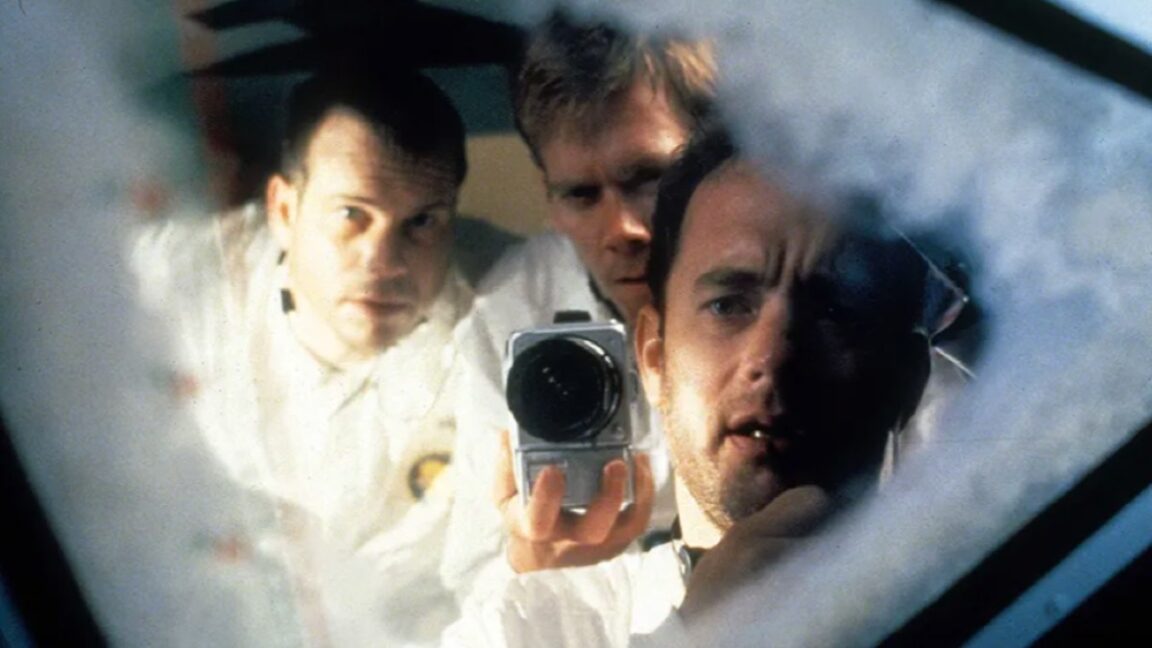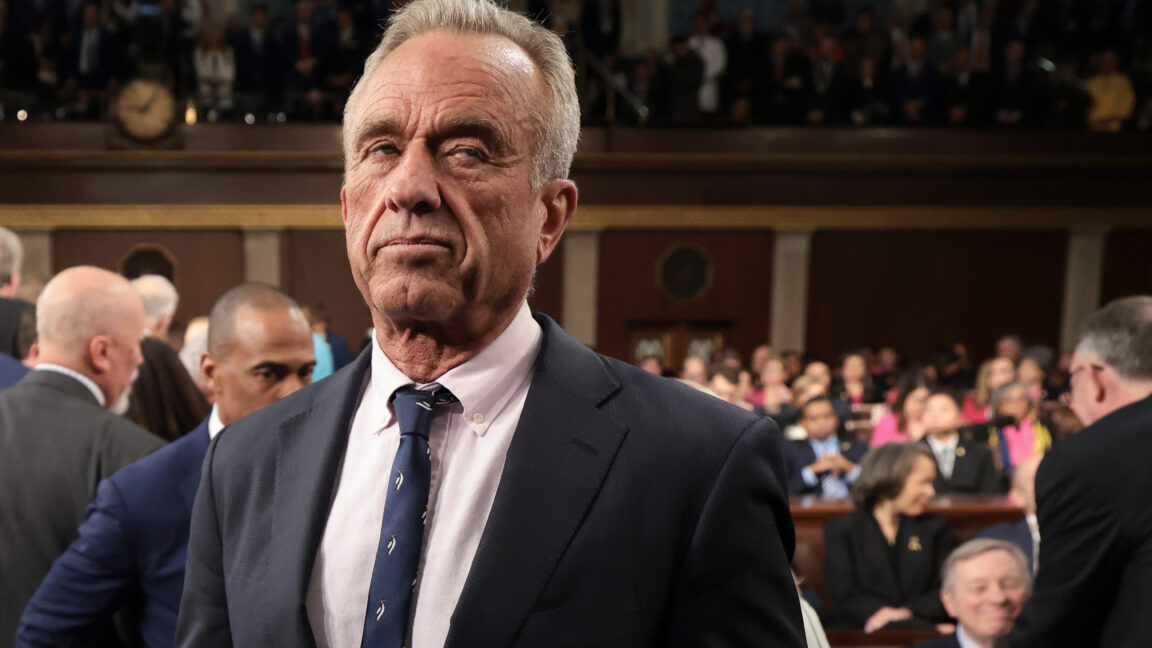Ars reflects on Apollo 13 turning 30

This year marks the 30th anniversary of the 1995 Oscar-winning film, Apollo 13, director Ron Howard’s masterful love letter to NASA’s Apollo program in general and the eponymous space mission in particular. So we’re taking the opportunity to revisit this riveting homage to American science, ingenuity, and daring.
(Spoilers below.)
Apollo 13 is a fictional retelling of the aborted 1970 lunar mission that became a “successful failure” for NASA because all three astronauts made it back to Earth alive against some pretty steep odds. The film opens with astronaut Jim Lovell (Tom Hanks) hosting a watch party in July 1969 for Neil Armstrong’s historic first walk on the Moon. He is slated to command the Apollo 14 mission, and is ecstatic when he and his crew—Ken Mattingly (Gary Sinise) and Fred Haise (Bill Paxton)—are bumped to Apollo 13 instead. His wife, Marilyn (Kathleen Quinlan) is more superstitious and hence less thrilled: “It had to be 13.” To which her pragmatic husband replies, “It comes after 12.”
A few days before launch, Mattingly is grounded because he was exposed to the measles and replaced with backup Jack Swigert (Kevin Bacon), who is the only one happy about the situation. But Lovell and Haise rebound from the disappointment and the launch goes off without a hitch. The public, alas, just isn’t interested in what they think has become routine. But the mission is about to become anything but that.
During a maintenance task to stir the oxygen tanks, an electrical short causes one of the tanks to explode, with the other rapidly venting its oxygen into space. The crew has less than an hour to evacuate the command module Odyssey into the lunar module Aquarius, using it as a lifeboat. There is no longer any chance of landing on the Moon; the new mission is to keep the astronauts alive long enough to figure out how to bring them safely home. That means overcoming interpersonal tensions, freezing conditions, dwindling rations, and unhealthy CO2 levels, among other challenges, as well as taking on a pulse-pounding manual course correction with no navigational computer. (Spoiler alert: they make it!)
Source link







